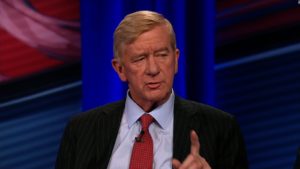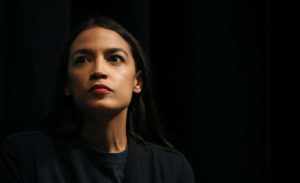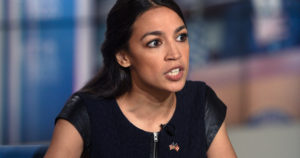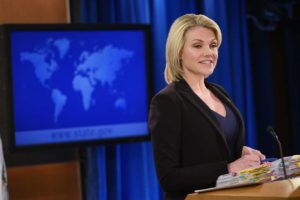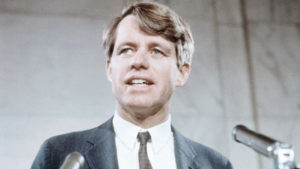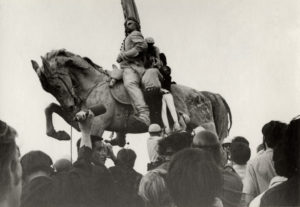Wouldn’t it be just a kick in the backside if William Weld re-creates a Eugene McCarthy moment in the 2020 race for the presidency of the United States?
Weld, the former Republican governor of Massachusetts, has formed an exploratory committee to determine whether to mount a primary challenge against Donald Trump. Weld said many other Republicans “exhibit all the symptoms of Stockholm syndrome, identifying with their captor.”
Weld ran for vice president in 2016 on the Libertarian ticket headed by former New Mexico Gov. Gary Johnson. The ticket didn’t do too well, gathering just 4.5 million votes, or about 3 percent of the total.
He wants back into the fight, this time as a Republican.
The McCarthy moment? In 1968, the Vietnam War was raging and Sen. McCarthy, a Minnesota Democrat, mounted a Democratic Party primary challenge against President Lyndon Johnson. McCarthy — a vehement anti-war candidate — took his campaign to the nation’s first primary state, New Hampshire.
He then finished a very strong second to President Johnson, sending shockwaves through the Democratic Party establishment. McCarthy’s strong showing brought Sen. Robert F. Kennedy into the race. Then on March 31, 1968, LBJ spoke to the nation to announce an end to the bombing campaign against North Vietnam — and then said he would not seek or accept the Democratic nomination “for another term as your president.”
History does have a way of repeating itself. If only Gov. Weld can mount any sort of serious challenge to the wack job serving as president of the United States.
One’s hope must spring eternal. Mine does.
